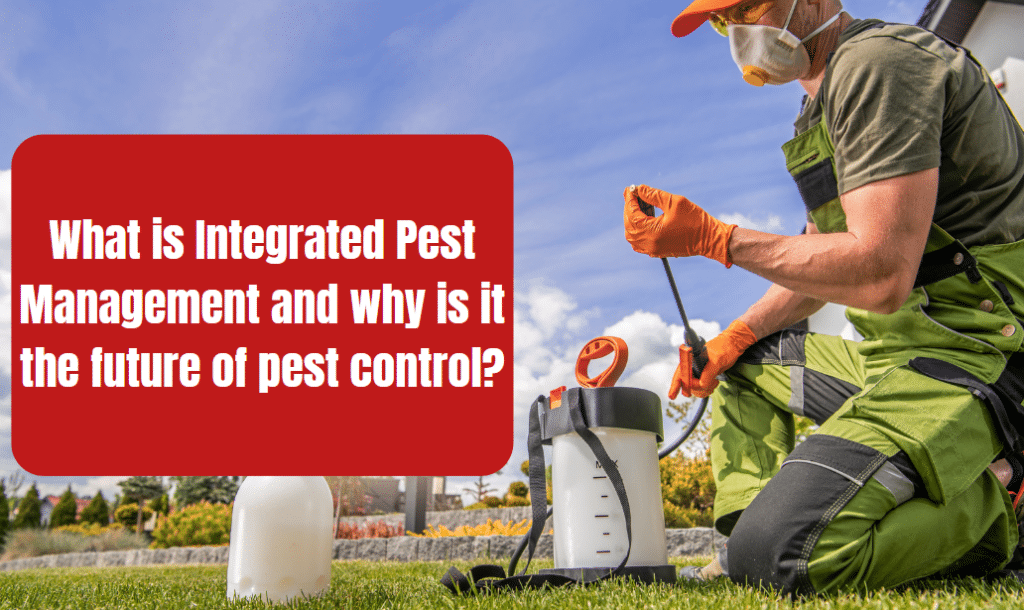
There are multiple factors to consider when it comes to effective pest control measures. Choosing the right pest control company to work with, seasonal approach to pest control, what DIY efforts can you put in place to help prevent pest infestation and many other factors. So why do we say Integrated Pest Management (IPM) is a complete and holistic approach to pest management? Let us dive in.
What is Integrated Pest Management?
Integrated Pest Management (IPM) is an approach to pest control that combines various strategies to manage and minimize the impact of pests in an environmentally responsible and economically feasible manner. Simply put, instead of relying solely on chemical pesticides, IPM integrates biological, cultural, physical, and chemical methods to control pests while considering the long-term sustainability of ecosystems and minimizing harm to non-target organisms.
Unlike traditional methods that rely on chemical pesticides, IPM integrates various strategies to achieve long-term pest control, with minimal harm to the ecosystem. The goal of IPM is to effectively manage pests with the least possible impact on human health, the environment, and beneficial organisms.
Components of IPM
At the core of IPM is the emphasis on prevention and monitoring. Rather than reacting to pest problems as they arise, IPM encourages a proactive approach. Through regular monitoring, the identification of potential specific pest threats is made easier. This proactive stance allows for preventive measures, such as sealing entry points and maintaining proper sanitation. This reduces the reliance on reactive chemical interventions.
Biological control is a key component of IPM. It leverages on natural predators and parasites to keep target pest populations in check. IPM promotes the presence of beneficial organisms, such as predatory insects or nematodes. This enhances the natural balance of ecosystems. This not only helps control pest populations but also contributes to the overall health and resilience of the environment.
Read Also: Mastering Year-Round Pest Control: Four Season Pest Control
Furthermore, IPM emphasizes the judicious use of chemical pesticides only when necessary and in targeted amounts. This minimizes the negative impact on non-target organisms, including beneficial insects, animals, and humans. The goal is to use the least harmful methods first, reserving chemical intervention as a last resort. This approach aligns with the principles of eco-friendly practices, promoting environmental health and reducing the risks associated with heavy reliance on synthetic chemicals.
Conclusion
In conclusion, Integrated Pest Management represents a paradigm shift in agricultural pest and common pest control by emphasizing a holistic and sustainable approach. By integrating various methods and prioritizing prevention, monitoring, and biological control, IPM strives to achieve effective pest management while minimizing environmental impact. This approach not only benefits agricultural practices but also extends to residential and industrial settings, promoting a harmonious coexistence with the environment.
At Super Team Services, we continue to strive for the best. The best methods to deliver extraordinary services. As science and technology continues to expand, rest assured that all our operations and services will key into environmentally friendly, industry standard approaches.



